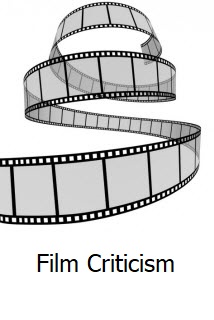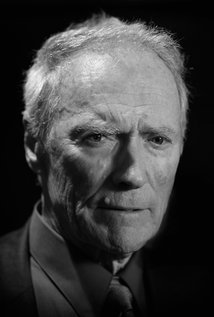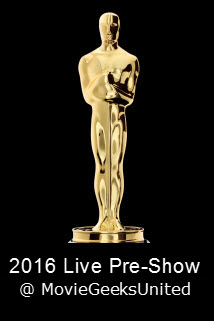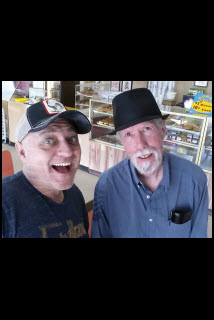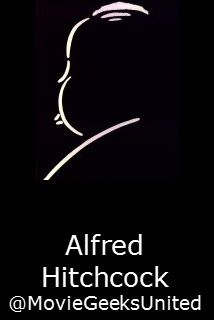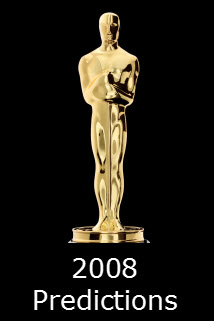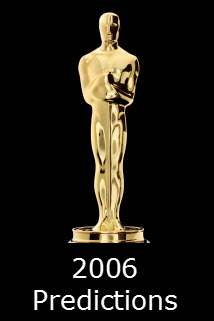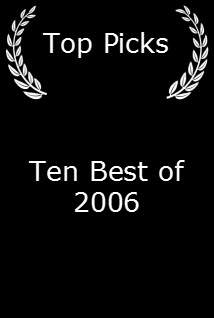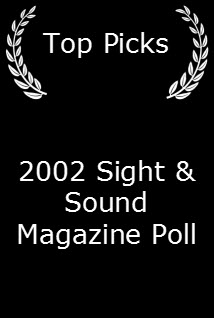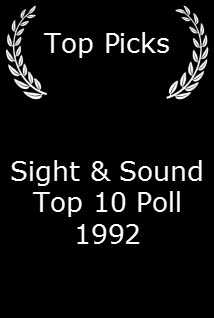Bridge of Spies (2015)


Content by Tony Macklin. Originally published on October 19, 2015 @ tonymacklin.net.
Bridge of Spies, set in 1957, is a tale - "inspired by true events" - of an insurance lawyer James B. Donovan (Tom Hanks) who is enlisted to defend Josef Abel (Mark Rylance) who is accused of spying for Russia.
Eventually Donovan is selected to try to arrange an exchange of spies. Francis Gary Powers is being held by Russians since his U-2 spy plane was shot down and he was captured.
Donovan has to travel to frigid East Berlin where he faces obvious obstacles from all involved. He has to transcend politics and gamesmanship to try and keep his principles. It's a chilling battle.
Tom Hanks is the modern persona of decency. He's in a tradition with Jimmy Stewart, Gary Cooper, and Gregory Peck.
Hanks brought decency to an AIDS' sufferer in Philadelphia (1993) and to a mentally-challenged misfit in Forrest Gump (1994). For his performances in both roles he was awarded Oscars.
None of his three decency-peers could have done the roles as well, if at all.
But Hanks lacks the quality of psychological darkness and compulsion that the other three at times exhibited.
Stewart was bleakly haunted as Scottie in Hitchcock's Vertigo (1958), and Peck was dark as Josef Mengele in The Boys from Brazil (1978) and as Ahab in Huston's Moby Dick (1956). Hanks couldn't have played any of them.
Stewart, Cooper, and Peck also were in significant westerns. Hanks never has made a western. Could director Anthony Mann have gotten him and his psyche in the saddle?
Hanks is a hugger. Not a kisser. His smooch with Julia Roberts in Larry Crowne (2011) is one of the worst on-screen kisses in film history.
But when he has a role in which he is decency incarnate - as in Bridge of Spies - Hanks is in control. It's his comfort zone. And his creative zone.
Hanks admirably portrays the actual James B. Donovan. It's notable that Gregory Peck once enlisted Alec Guinness - from le Carre-land - to play Rudolf Abel opposite his Donovan, but the project fell through.
Hanks is a given to step in for Peck, but who would play Abel? Guinness is long gone.
This is where the film vaults to its best plateau. Mark Rylance - another British stage and screen actor like Guinness - is terrific as the spy. Rylance is drab and deceptively cool, but understatedly human. It's a wonderful performance. Hanks and Rylance have a burgeoning chemistry, and there's an active intelligence in their work.
In contrast, Amy Ryan is stuck in a stock characterization that could be played by almost anyone as Donovan's wife.
One problem Hanks faces in his characterization is that his character has a cold. No actor can prevail over having to portray a cold. Cough, sneeze, dabbing at one's nostrils with a handkerchief. It's thankless shtik.
The direction by Steven Spielberg is professional and gives the film wide appeal. He is not an ironist. He's too sentimental for that.
The screenplay was written by 36-year old novice Matt Charman, and the Coen Brothers were hired to give it a polish. They are more fortunate than in their ill-fated contribution to Unbroken (2014).
They also have a sense of irony. In one scene Donovan's daughter has to "duck and cover." But it's because of fire from Americans, not a nuclear bomb from an enemy nation.
Also, in Bridge of Spies, conformity rules. There a spate of black umbrellas in the rain - all the same - and almost everybody on a train are reading newspapers and having the same reaction.
Both spies have crucial coins: Abel has a nickel, but Powers has a dollar.
And in Bridge of Spies, rules dominate, but not the rule of law.
An early image in Bridge of Spies suggests that it's going to be a challenging film. Abel is in his hotel room painting a portrait of himself. There are 3 Rudolf Abels: the man himself, his image in a mirror, and the painting. It is a provocative image with many more trinities to come.
There are threesomes throughout: 3 spies, 3 countries - USA, Russia, and the German Democratic Republic, 3 females - mother and daughters - lying in fear on a coach, 3 members of Abel's "family," 3 sections of panes in the glass in front of Donovan and Abel at a table. It's a world of dualities, but it goes farther into trinities.
Spielberg's direction is canny. What Spielberg does - as Clint Eastwood did before him in Letters from Iwo Jima (2006) - is make his audiences sympathetic to once-hated enemies. We become more invested in Josef Abel than in Francis Gary Powers. [During the '50s both Abel and Powers were held in scorn and hated by the American public.] The power of film is phenomenal.
In Bridge of Spies, Tom Hanks plays a character who drinks Nescafe, with cream, and two lumps. Spielberg drinks Starbucks with two packets of saccharine. And Mark Rylance plays a character who drinks vodka.
In Bridge of Spies, one can pick his potation of choice.


